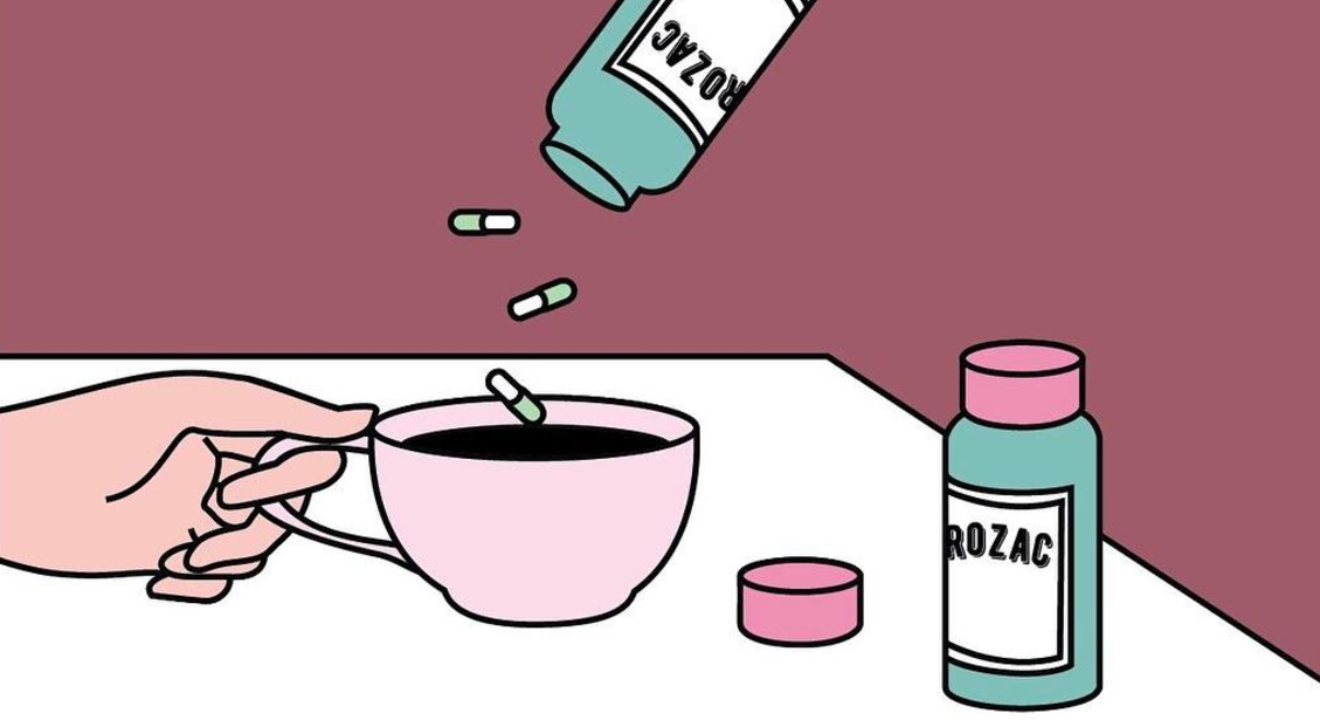Relationships April 17, 2017
Triggers include low morale, burnout and stress.


The National Association of Schoolmasters Union of Women Teachers (NASUWT) thinks so.
In fact, NASUWT General Secretary Chris Keates believes all schools should be providing their staff (and students) with “mental health first-aid.” This would give students and teachers alike the access to counseling when necessary.
Keates’ comments come following a NASUWT survey that found one in ten UK teachers is taking antidepressants to cope with work stresses.
And 60 percent of teachers say their job has impacted their health to the point that they’ve turned to alcohol, medication and other drugs to seek relief. Some have even begun self-harming.
Of the 4,908 teachers surveyed in the UK, NASUWT found that 12 percent had turned to counseling in the past year to cope with work stresses. One teacher even admitted, “I often think about self-harming or crashing the car so I don’t have to go to work.”
The burden on teachers – which resulted in the hospitalization of four percent of responders – comes from staff shortages and a retention crisis that leads to “unfair workloads.” Many revealed that they work more than 60 hours per week, which prevents them from achieving any kind of work-life balance.
Keates says the overwhelming stress is “taking an unacceptable toll” on the health and wellbeing of the employees. She believes that it is the duty of the employer to take responsibility for their employees’ mental health and wellbeing, though notes, “few address this seriously.”
However, while she is advocating for “mental health first aid,” Keates says that “prevention is better than cure.” With that in mind, it is up to employers to tackle the issues of “low morale, burnout and stress,” she says.
It sounds like a mental health day is in order.